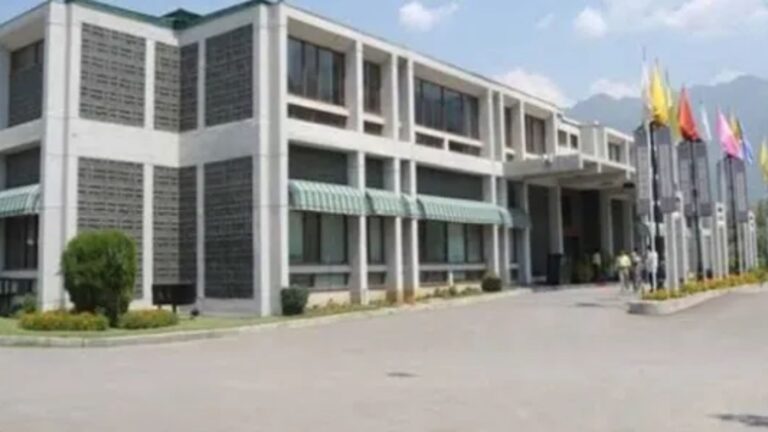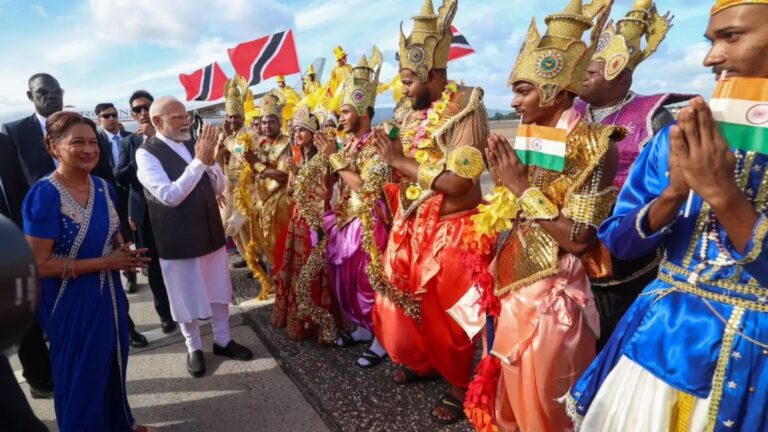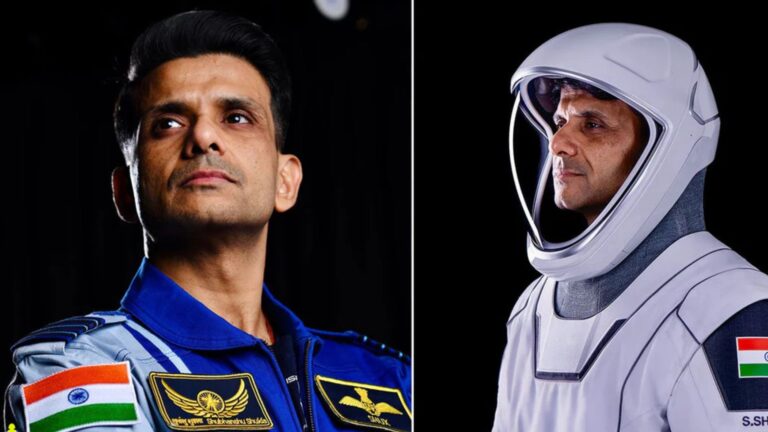
IIT Kanpur Organizes 5th Aditya-L1 Workshop in Collaboration with ARIES
The Department of Physics at the prestigious Indian Institute of Technology, Kanpur (IIT Kanpur), recently organized the fifth Aditya-L1 workshop in collaboration with the Aditya-L1 Support Cell at the Aryabhatta Observational Science Research Institute (ARIES), Nainital. This three-day workshop brought together a select group of 50 students, including 30 participants from various institutions outside of IIT Kanpur and 20 students from IIT Kanpur and local universities.
The event featured an array of informative in-class sessions, hands-on workshops, and lectures conducted by eminent scientists and experts in the field. Notable speakers included Professor Arnab Rai Choudhuri from the Indian Institute of Science (IISc) Bangalore, Professor S. Krishna Prasad, Professor Dipankar Banerjee from ARIES, and Professor Piyali Chatterjee from the Indian Institute of Astrophysics (IIA), among others.
One of the highlights of the workshop was the visit to Professor Sudeep Bhattacharjee’s Plasma Laboratory within the Department of Physics. Participants had the unique opportunity to gain insight into the generation and confinement of plasma, providing them with a tangible understanding of the Sun as essentially a spherical ball of plasma. In addition to the plasma lab visit, attendees also explored the accelerator lab of Professor Aditya Kelkar, where they learned about the acceleration of particles such as electrons and protons – a process that continuously occurs within the Sun.
The official release issued by the organizers stated, “As the Sun is essentially a spherical ball of plasma, this lab visit provided participants with a real sense of what plasma might look like. Additionally, participants visited the accelerator lab of Prof. Aditya Kelkar in the Department of Physics to learn about the acceleration of particles like electrons and protons, a process that occurs continuously in the Sun.”
The third and final day of the workshop was dedicated to the Aditya-L1 mission, a groundbreaking initiative by the Indian Space Research Organisation (ISRO). This mission marks India’s first-ever attempt to study the Sun, its atmosphere, and its impact on Earth by launching a satellite into its proximity. Participants, equipped with both theoretical knowledge and observational skills gained throughout the workshop, were given the opportunity to delve deeper into the complexities of mission payloads and objectives.
Aditya-L1, named after the revered Indian scientist Aditya, holds immense promise in expanding our understanding of the Sun and its influence on our planet. With this mission, India takes a significant step forward in space exploration and solar research.
The successful collaboration between IIT Kanpur and ARIES in organizing the Aditya-L1 workshop underscores the importance of such initiatives in fostering scientific curiosity and expertise among the next generation of scientists and researchers. This workshop not only equipped students with practical knowledge but also instilled in them a profound appreciation for the mysteries of our solar system.





